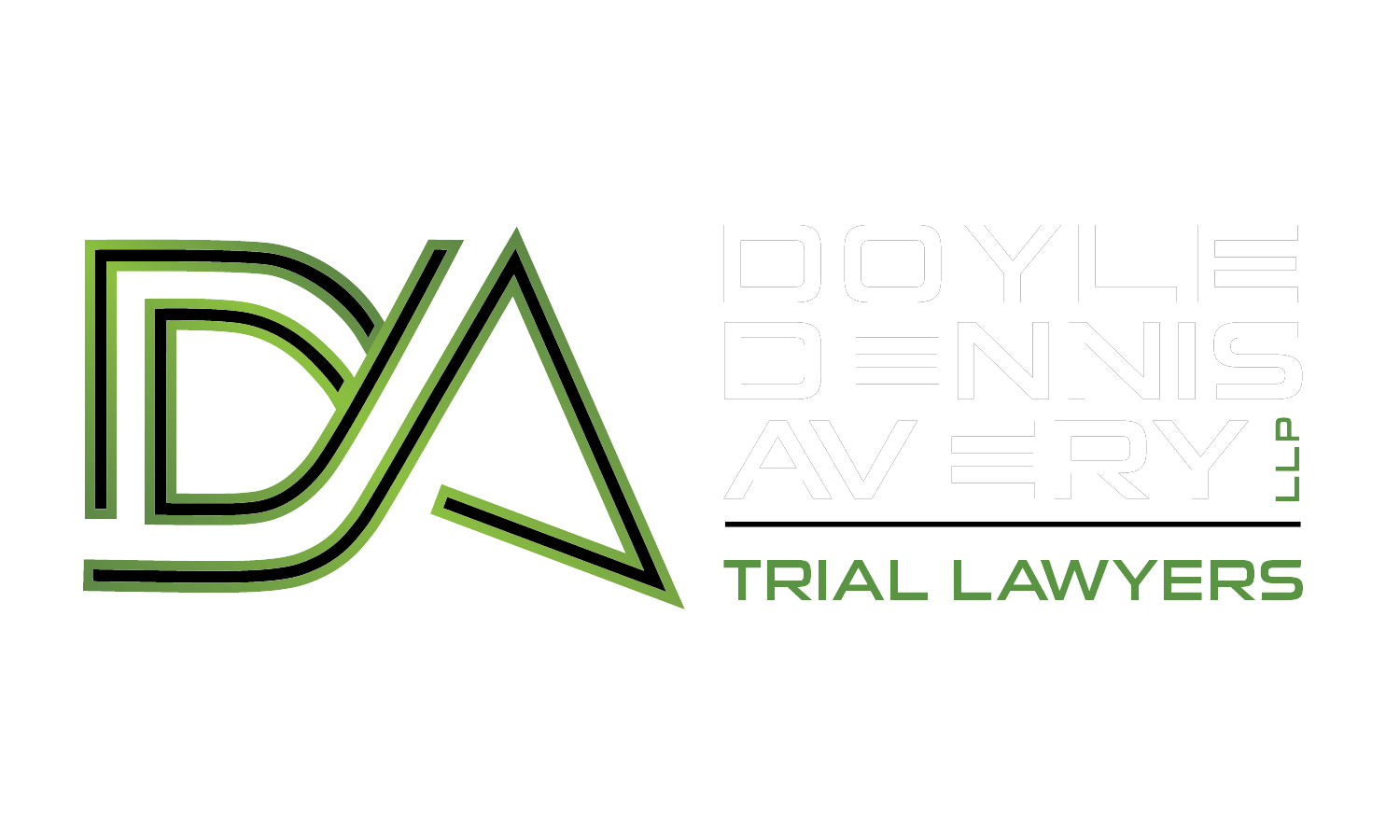Texas Worker’s CompRetaliation
Texas law protects employees who have (1) filed a worker’s compensation claim, (2) hired a worker’s compensation lawyer, (3) reported an on-the-job injury, or (4) testified in a workers’ compensation proceeding. Doyle Dennis Avery LLP proudly represented injured workers who have been discriminated against ore retaliated against because of their worker’s compensation claim or on-the-job injury.
Who is protected?
Under Texas law, Labor Code 451.001 protects all employees regardless of the employer size, so long as their employer is a subscriber to the worker’s compensation laws of Texas. However, a non-subscriber is not covered by Section 451.001.
Some of the industries that are commonly involved int these types of claims include:
- Oil and gas production;
- Alternative energy and turbines;
- Ready-mix concrete;
- Home health/nurses;
- Trucking and logistics;
- Manufacturing;
- Construction;
- Hospitals; and
- Welders.
What type of reports are protected?
Labor Code 451.001 protects employees who (1) filed a worker’s compensation claim, (2) hired a worker’s compensation lawyer, (3) instituted proceedings under the worker’s compensation laws, or (4) testified in a workers’ compensation proceeding.
In part due to the advocacy of Doyle Dennis Avery LLP, employees who have reported an on-the-job injury, but not yet filed a claim, are still protected under Texas law. Specifically, in Salas v. Fluor Daniel Servs. Corp., 616 S.W.3d 137 (Tex. App.-Houston [14th Dist.] 2020, pet. denied) the Houston Court of Appeals found that Section 451.001 protects employees who institute proceedings – meaning, reporting a worker’s compensation injury and receiving medical treatment – even when the employee has not yet filed the official claim paperwork. This decision effectively closed a dangerous loophole that employers had utilized to terminate injured workers. As a result, employers in the state of Texas cannot terminate an injured employee preemptively before the employee has the chance to file a worker’s compensation claim.
How can I prove retaliation?
The Supreme Court of Texas has provided two ways of providing retaliation – direct or circumstantial evidence. The Circumstantial factors, including (1) knowledge of the claim, (2) expressions of a negative attitude, (3) violation of a policy or procedure, (4) disparate treatment, or (5) evidence that the stated reasons are false. Cont’l Coffee Prods. Co. v. Cazarez, 937 S.W.2d 444, 451 (Tex. 1996). Courts will also look to the proximity in time between the protected act and the termination.
What Damages are available?
Texas law allows the full range of tort damages for claims under Section 451.001, including mental anguish, pain and suffering, lost wages, and punitive damages. By example, in July 2019, Doyle Dennis Avery LLP obtained a $1.73 million verdict in the case Ball v. Alleyton Resources Company LLC. As part of that case, the jury found that the employer retaliated and wrongfully terminated Plaintiff Joseph Ball for instituting proceedings under the Texas Worker’s Compensation Act. The Jury then awarded Mr. Ball $1,706,187 in damages, including $164,168, in past lost wages, $675,519 in future lost wages, $100,000 in past mental anguish, $16,500 in future mental anguish, and $750,000 in punitive damages. On June 3, 2021, the 14th Court of Appeals unanimously affirmed this verdict. Alleyton Res. Co. v. Ball, No. 14-19-00816-CV2021, Tex. App. LEXIS 4324 (Tex. App.-Houston [14th Dist.] June 3, 2021, pet pending).
Copyright © 2024 Doyle Dennis Avery LLP Trial Lawyers. All rights reserved. Powered By Blue Beam LLC
The information on this website is intended for general informational purposes only and is not legal advice for any individual case or situation. Viewing or receipt of content on this website does not create an attorney-client relationship between the user and Doyle Dennis Avery LLP.
The cases, verdicts and settlements displayed on this site are solely for illustrative purposes and should not be considered a guarantee or prediction of the outcome of any other claims or cases. Each case is unique, and past outcomes are not indicative of future results.
We recommend that users consult with an attorney for legal advice on any questions or concerns they may have. Users rely on the information on this website at their own risk.
